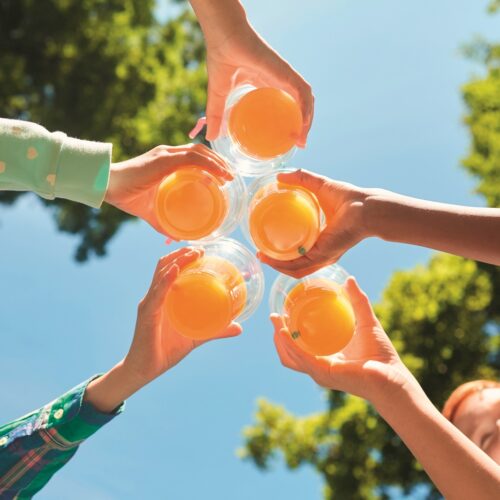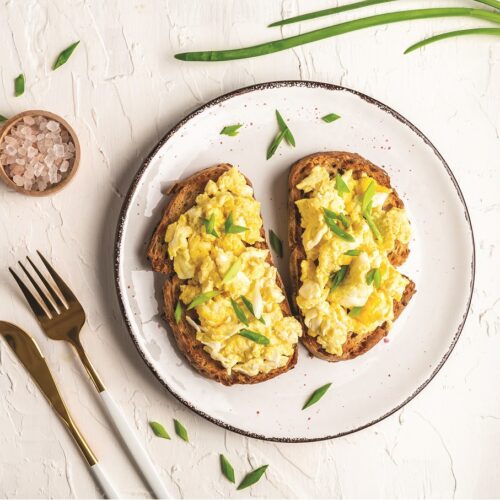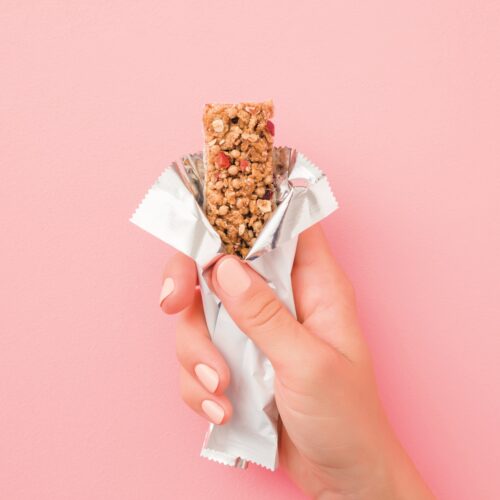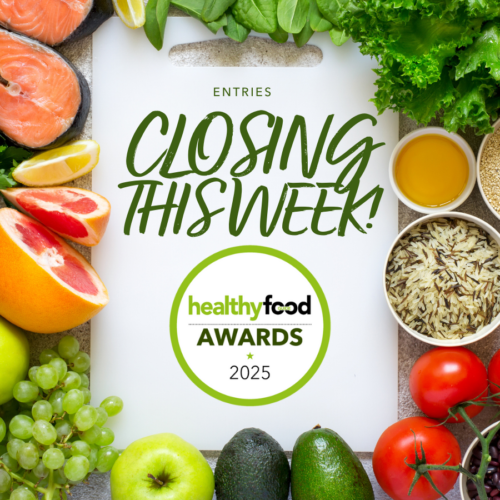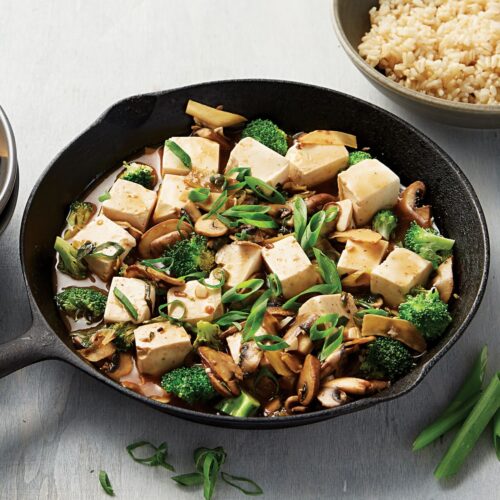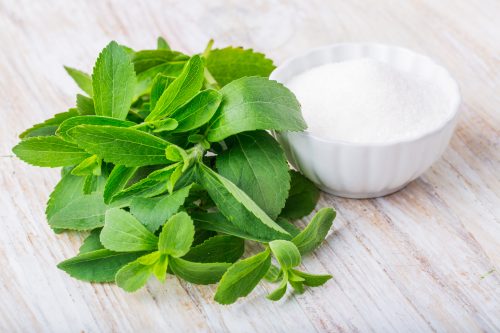
We all know white sugar, but now there are many alternatives such as coconut sugar, stevia, agave and date syrups.
What are free sugars?
Free sugars include all added sugars, plus any sugars found naturally in a product. This includes any type of sugar you see in an ingredients list on a packaged food, plus sugars found in fruit juice, honey and other syrups. The sugars not included, and that we don’t need to limit, are those found naturally in milk, (whole) fruit, vegetables and grains.
What’s the recommendation?
The World Health Organization recommends, ideally, no more than 26g of free sugars for adults each day – about 5 teaspoons of table sugar. The recommendation is because of their association with increased body weight and their effect on dental health. The kilojoules in sweeteners need to be taken into account, as well as the sugars present.
We have listed the amount of sugars and kilojoules per 10g or 10ml, which is around two flat teaspoons for most of these. We have also included the percentage of sugars in each sweetener.
(Products listed in order of lowest to highest sugar content)
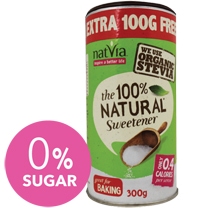
0g sugars per 10g
10kJ
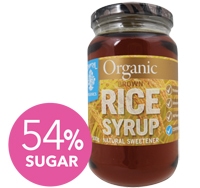
5.4g sugars per 10g
121kJ
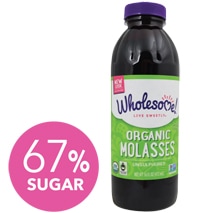
6.7g sugars per 10ml
167kJ
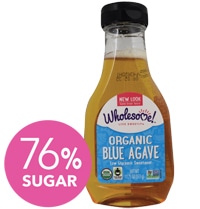
7.6g sugars per 10g
120kJ
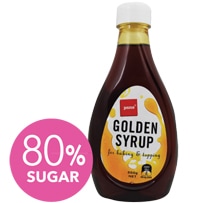
8g sugars per 10g
128kJ
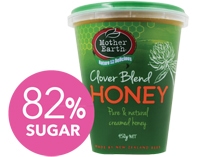
8.2g sugars per 10g
140kJ
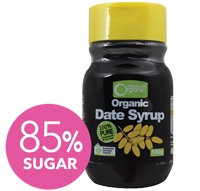
8.5g sugars per 10g
114kJ
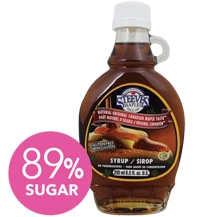
8.9g sugars per 10ml
151kJ
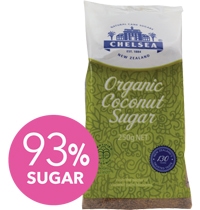
9.3g sugars per 10g
167kJ
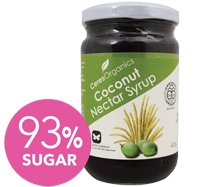
9.3g sugars per 10g
160kJ
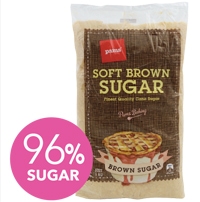
9.6g sugars per 10g
164kJ
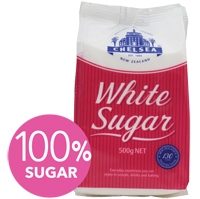
10g sugars per 10g
170kJ
www.healthyfood.com


